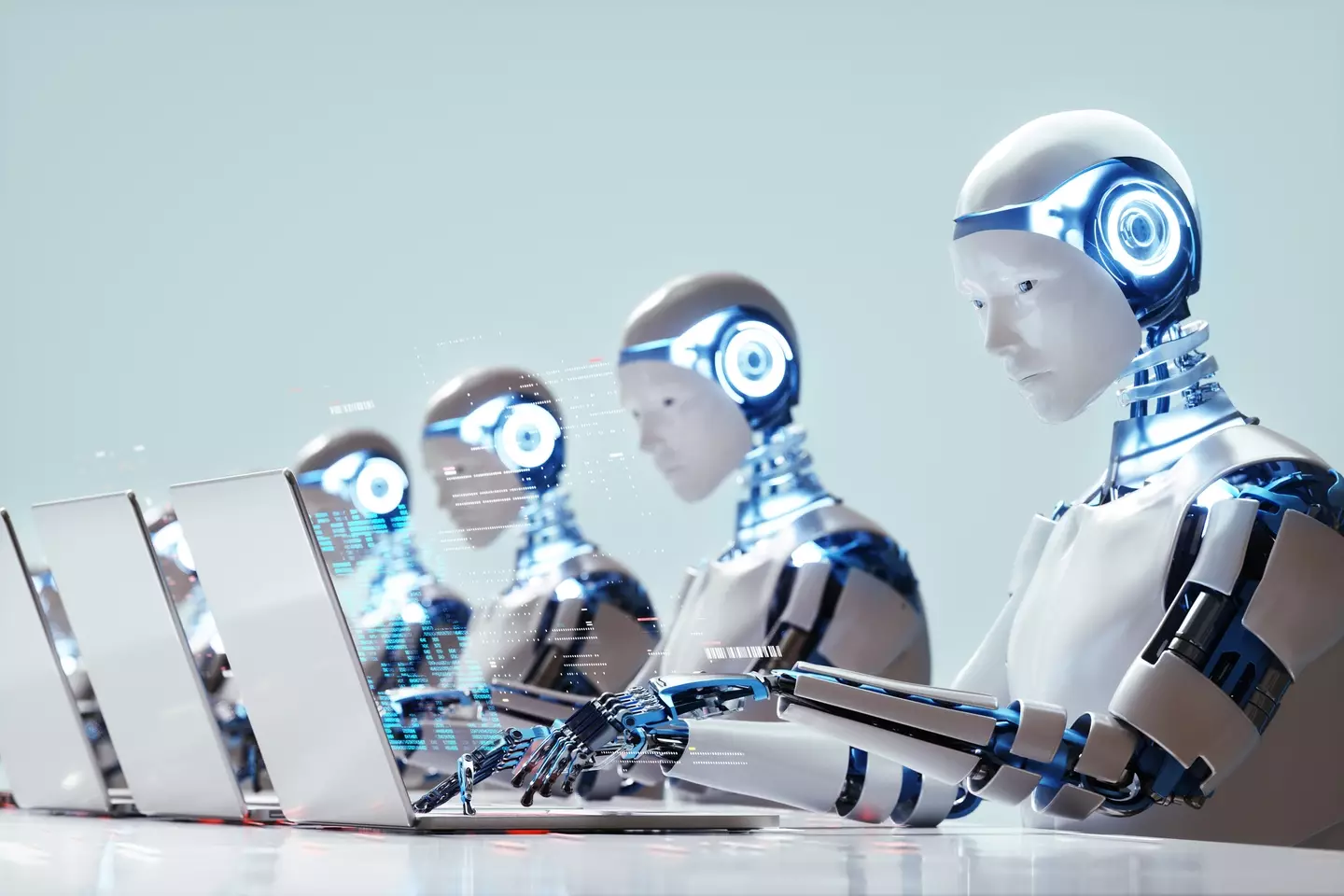


A new study has had its say on which jobs are most at risk of being taken over by AI.
Artificial intelligence is rapidly changing the way we work.
Some have embraced the technology, but others are understandably concerned about how it could impact their livelihoods. Especially with how uncertain everything is.
According to a new study by the World Economic Forum (WEF), some jobs could face major disruptions or even disappear by 2030.
Advert
The Future of Jobs Report 2025 provides a fascinating deep dive into the impacts of AI technology - in particular, how AI is reshaping industries and labour markets worldwide.
Experts in the report revealed that 22 per cent of today's total jobs will be impacted, either through job creation or destruction.

"This is expected to entail the creation of new jobs equivalent to 14 per cent of today’s total employment, amounting to 170 million jobs," explained the WEF.
Advert
"However, this growth is expected to be offset by the displacement of the equivalent of 8 per cent (or 92 million) of current jobs, resulting in net growth of 7 per cent of total employment, or 78 million jobs."
The report shows that clerical and secretarial roles are among the most vulnerable to AI. Positions such as cashiers, ticket clerks, admin assistants and executive secretaries are expected to see the 'largest decline in absolute numbers.'
This is likely due to the fact that these jobs typically involve a lot of manual tasks, which AI, robotic process automation (RPA), and self-service technologies are gradually replacing.
Similarly, roles like postal service clerks, bank tellers and data entry clerks are also at risk, as digital systems take over these once human-driven tasks.
Advert

Interestingly, the report highlights a point of growth for frontline workers.
Roles like those in delivery, construction, farming and food processing are expected to expand in the coming years. These jobs require human oversight, problem-solving, and physical tasks that are difficult for AI to replicate.
The care sector is set to remain unchanged as well.
Advert
Jobs like nurses, counsellors, teachers, and social workers all rely heavily on empathy, interpersonal skills and human judgment. And AI is far from coming closer to replicating human emotions.
These insights follow a growing trend in social media in that people are turning to AI bots for free therapy.
In response, doctors are warning that no machine can replace the understanding, support and connection of a real person and worries that trend could be harming vulnerable people.